Most weeks I try to read at least one nonfiction book. It can be hard some weeks because of travel, work, family, or any other reasons. One of the many nice things about summer is that I usually get a bit more reading time. I’d like share with you six books I’ve either read recently or added to my reading list for this summer.
Large-Scale Scrum: More with LeSS by Craig Larman and Bas Vodde
Large-Scale Scrum (which forms the acronym LeSS) is one of the leading frameworks these days for scaling agile.
I really like how intellectually compatible LeSS is with Scrum itself. One of the tenets of Larman and Vodde’s Large-Scale Scrum: More with LeSS is to scale Scrum using Scrum. The authors write that LeSS is “not Scrum at the bottom for each team, and something different layered on top.”
To make that happen the book describes rules, guides and experiments. Rules are things every team doing LeSS should be doing. Guides are presented as tips or strong suggestions about something that should be done to succeed. Finally, Experiments are things that will work (perhaps wonderfully) for some teams but not for others. Experiments are worth being aware of, but may or may not be right for your team.
Because I know the authors, I had a chance to read drafts of this book and provide feedback while they were writing it. I liked the book so much that I asked to include it in the series I edit for Addison-Wesley.
By the way, since the book is in my series, I should tell you that I do get a tiny royalty on each copy. It varies, I think, between 1 and 3 cents. Of course, I am not recommending the book because of that. Nope--my integrity cannot be bought for 3 cents. 😊 It’s a great book for any project looking to scale beyond a team or two on up to very large projects.
SAFe 4.0 Distilled by Richard Knaster and Dean Leffingwell
The second book on scaling agile that I’ll include on this list is on the Scaled Agile Framework or SAFe: SAFe 4.0 Distilled by Knaster and Leffingwell. Unlike the acronym LeSS, which seems overly cute to me, SAFe has got to be the best name around for an agile framework. What executive wouldn’t like to be more safe?
It’s easy to poke fun at SAFe because of its very detailed process diagram. (I certainly poked fun at with the www.lafable.com page.) But that diagram’s detail comes from its thoroughness and that can sometimes be a good thing.
Sure, it can lead some people to become overly focused on every aspect of the process, which is bad. But is that a fault of the methodology or of those individuals? If I were to use the LeSS terms of rules and guides, SAFe skews more toward rules and LeSS toward guides.
I haven’t read this book yet so this is on my summer to-read list. It’s an important book, though, and I feel comfortable recommending it even before I’ve read it.
Never Split the Difference: Negotiating as If Your Life Depended on It by Chris Voss
Never Split the Difference is written by former FBI hostage negotiator Chris Voss. The title comes from the idea that a hostage negotiator will try to completely defuse a situation rather than tell a terrorist, “Let’s compromise 50/50. Go ahead and kill half the hostages you’re holding.”
You may think this is a strange book to recommend on a website about agile software development. But sometimes working with team members or others in our organizations is like negotiating with terrorists. That is, you are trying to get others to act in a way you’d like. No, I’m not talking about manipulating people. I’m saying we often need to influence others.
This book is full of advice on doing that. As a really simple example, Voss offers advice on how to truly listen to another party so you can identify what they actually need, which may not be what they are saying they need. Does that resistor in your company really hate agile or do they just really like how things work now?
To help get at someone’s actual needs, Voss suggests using your “FM DJ voice” to help soothe the person. He also recommends mirroring, which is a way of saying back to someone what they just said to you. This helps them feel you’ve understood, really does help you understand, and often encourages the other person to speak again, offering more details.
These are just a few really short examples. Summarized this briefly, the tips might sound trite and obvious. I assure you, you won’t find the advice in the book trite or obvious. Now imagine me saying that to you in my FM DJ voice.
Never Split the Difference on Amazon
The Captain Class: The Hidden Force That Creates the World's Greatest Teams by Sam Walker
Sam Walker’s The Captain Class purports to be a book about teams and why the truly great teams are so great. A couple of friends have recommended it in the past few weeks, so I decided to add it to my to-read list.
The author looked at “all” successful sports team, trying to narrow those down to a sufficiently small group to study in detail. He ended up with 16 teams. He studied those 16 teams and determined that it was their captains that made them such great teams. He then identified seven attributes of those captains and devotes a chapter to each attribute.
It’s a sports book, but having flipped through it and read a few pages here and there, I think it’s worth considering for even non-sports fans. Since we so frequently refer to people as “agile coaches,” it seems worth learning seven attributes of truly great coaches.
Head First Agile by Andrew Stellman and Jennifer Greene
The books in the Head First series are very visual. Every page has at least a couple of illustrations or photos to help make the point being made in the main text. The books also include a lot of short things to do or think about while reading. The idea is that all this makes the content more memorable. I don’t know. But I do know I enjoy reading the books.
I’m also a fan of other books by Andrew Stellman and Jennifer Greene. Their Learning Agile from 2014 was a great introduction to overall agile for someone completely unfamiliar with it, so I jumped at the chance to read Head First Agile.
The book is designed as a primary source for preparing for the PMI-ACP certification exam. That makes it an overall good combination of beginner to mid-level topics with chapters devoted to Scrum and Extreme Programming (XP) as well as Kanban and Lean. There are also chapters on principles and practices, establishing an agile mindset, and preparing for the PMI-ACP test. There is even a sample PMI-ACP exam.
I’m enjoying the book as just a good overview of agile and three of its leading frameworks. You probably don’t need to read this one if you have a few years of experience and know Scrum, XP, and Kanban. But if you don’t know all of those frameworks, you can pick up the book and dive into just the parts you don’t know.
Book Six: You Tell Me and the Rest of Us
The title of this post promised you six books for your summer reading. I’ve listed five. I’ve left the last spot for you to add a recommended book (or two). Please share your thoughts in the comments below as to what book I and others reading this should add to our summer reading list.



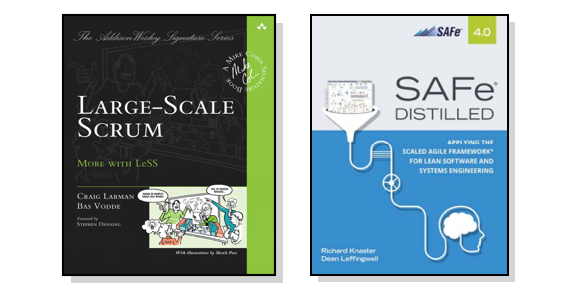

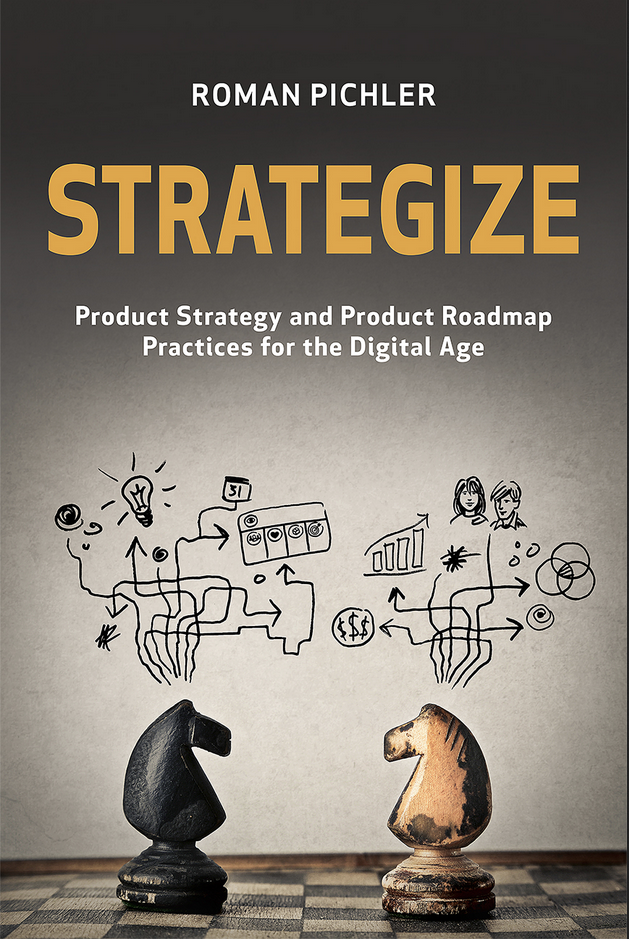
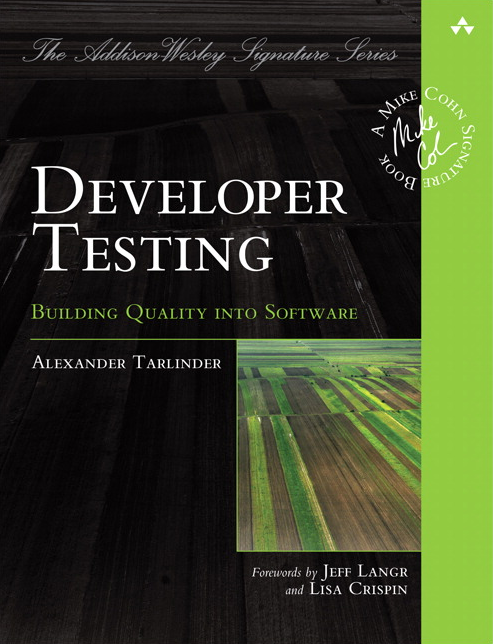
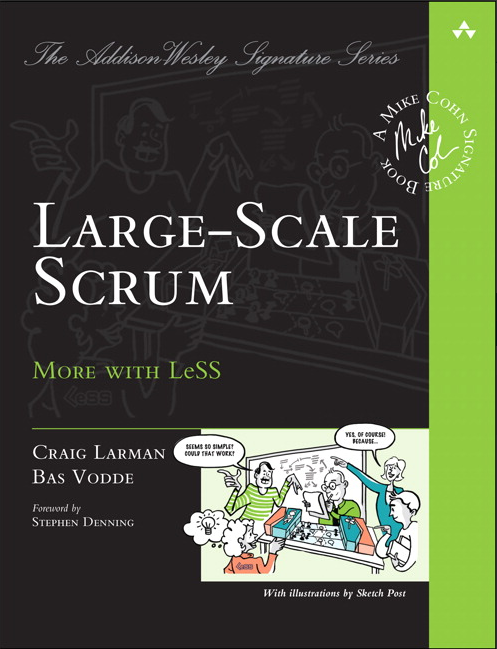

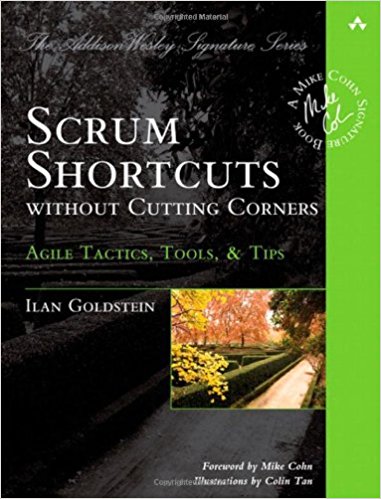
The discussion here is closed but join us in the Agile Mentors Community to further discuss this topic.
Go to AgileMentors.com